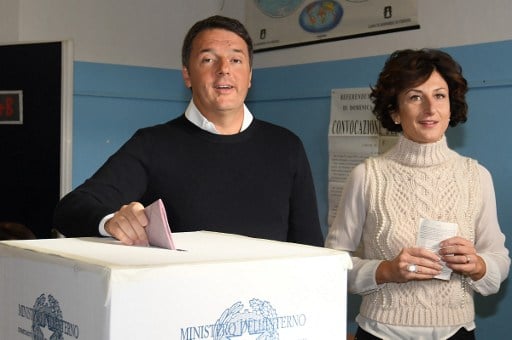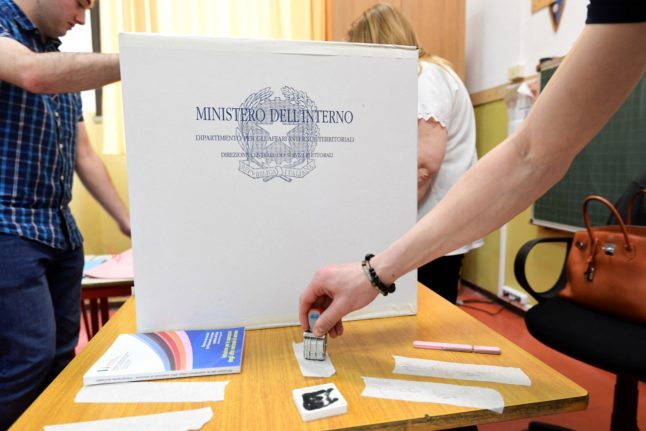Renzi, 41, has vowed to resign if he loses the vote on changes to the constitution aimed at streamlining parliament and transferring powers from the regions to the national government.
The sources said Renzi would be making the statement at his official residence, the Palazzo Chigi, in Rome after having voted earlier Sunday in Tuscany, where he has kept his family home during his two years and nearly tens months in power.
Opponents say the changes proposed by Renzi will remove important checks on executive power.
Opinion polls published up to November 18th, after which they were prohibited under ballot rules, pointed to Renzi losing the referendum, although the high number of undecided voters gave him hope of turning that around.
The only certain thing about Sunday's vote was that the turnout was high by Italian standards with 57.24 percent of the electorate having cast ballots by 7 p.m (1800 GMT), four hours before the closure of the urns.



 Please whitelist us to continue reading.
Please whitelist us to continue reading.
Member comments